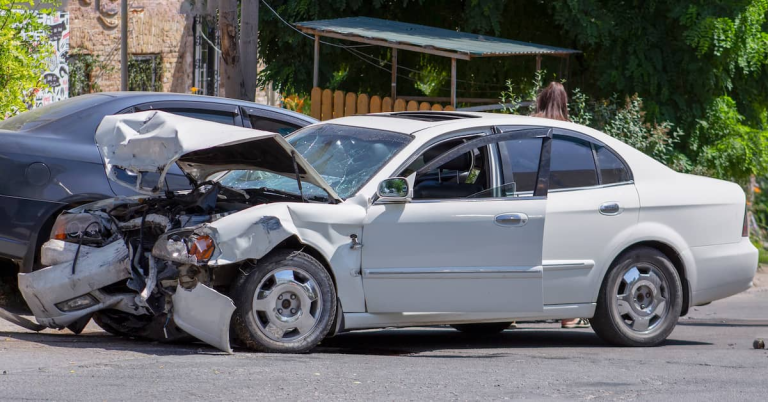Beyond the Medical Bills: Hidden Costs of Personal Injuries You Need to Consider
Accidents can be caused at any time and anywhere. When you face an accident, you might get confused due to the panic. But, it is essential to know that this is a temporary situation and you should calm down. If you panic, you might worsen the situation. Moreover, after the accident, you should immediately get checked entirely by a professional doctor, even if you have not faced any visible injuries. Some injuries are not visible but quite severe, such as head injuries or internal bleeding. Professional assistance can save you from long-term losses. It is also crucial to get yourself checked by a mental health counselor as well because mental disturbances might not look terrifying yet they can have an impact on your entire life.
After the accident, you must focus on your health, and let the legal attorney deal with the legal processes. If you are in Corpus Christi, we suggest you hire a personal injury lawyer in Corpus Christi, as they are known for their remarkable work ethics and high success rate. These lawyers have years of experience and skills that can make your legal lawsuit successful without disturbing your mental peace. You can rely on these attorneys as they work in the best faith of their clients.
Personal injury does not end merely with medical bills incurred for treatment and recuperation. The financial costs of injuries to people also accompany the less visible cost that is not immediately apparent. It is important for claimants of personal injury to consider and understand these costs, as they wish to get fair compensation. This document discusses some of the financial implications that are often neglected when discussing personal injuries.
1. Lost Wages and Income Disruption
Loss of income is counted as one most serious undercover cost associated with the causalities. Thus, when a person is injured and needs treatment as well as healing time off from work where he or she stays unemployed during this period of an injury. The lost wages do not only include the missed days after an injury but also potential impact on future earnings.
Regarding the number of missed work days due to medical appointments, or surgery and recovery time or on future earnings potential. The long-term financial burden is high if the injury causes a permanent disability or affects an individual’s work performance.
2. Diminished Earning Capacity
The occurrence of personal injuries may lead to diminished earning capacity which prevents one from sticking with a profession or where an individual starts receiving lesser than the original compensation. If the injury causes permanent impairment, or affects cognition; individuals have to move towards lower earning jobs and part-time work.
Determining long-term financial effects involves factorizing occupational change, retirement from active employment or adoption of lesser physically demanding jobs. Such a reduced earning potential can have immense implications on an individual’s overall financial condition and should be considered in determining the amount of damages that are owed.
3. Costs of Future Medical Treatment
In personal injury claims, the immediate medical bills cost is usually estimated while not taking into account the future costs of treatment. Some injuries could necessitate continued treatment, surgeries, physical therapy treatments or specific therapies over an extended time.
However, it is necessary to include future medical costs when filing for compensation claims. Injured parties may be provided with assessments and estimates of the likely costs pertaining to ongoing medical treatment, ensuring that compensation covers present injuries as well as future medical demands.
4. Rehabilitation and Therapy Costs
Physical therapy and rehabilitation form an essential part of restoring from many types injuries. From physical therapy to occupational therapies and psychotherapy, such services make a great contribution towards an individual’s holistic well-being.
A claim of personal injury should include the rehabilitation and therapy costs. These are all costs associated with the sessions, specialized equipment and other forms of support provided during rehabilitation.
5. Home Modifications and Assistive Devices
If a personal injury causes the permanently disabled individual, home modifications and assistive devices may be required. These changes may involve the installation of ramps, widening doorways or other adaptations aimed at reflecting a changed mobility capability.
Secondly, the price of assistive devices like wheelchairs, crutches and adaptive technology should also be taken into account. These costs help to improve the quality of life for wounded figures and make their everyday activities easier.
6. Transportation Expenses
Personal injury plaintiffs may be denied access to public transportation or the ability of driving thus incurring more transport costs. This could include costs associated with the use of transportation services , modifying vehicles for accessibility, or relying on taxis and rideshare .
Transportation costs are not just financial, but also play a role in the discomfort and possible isolation that may be associated with.






